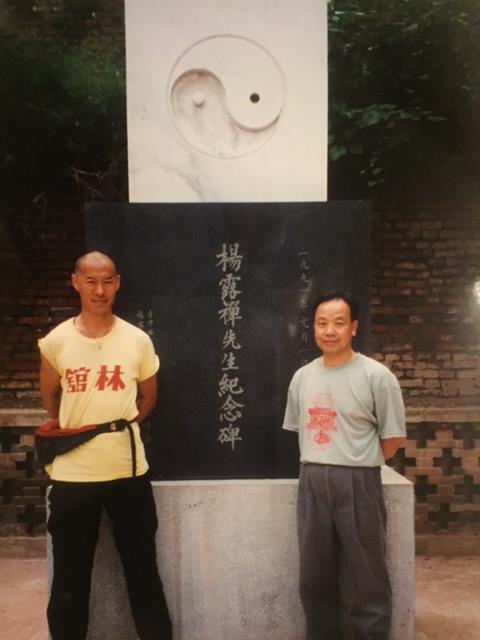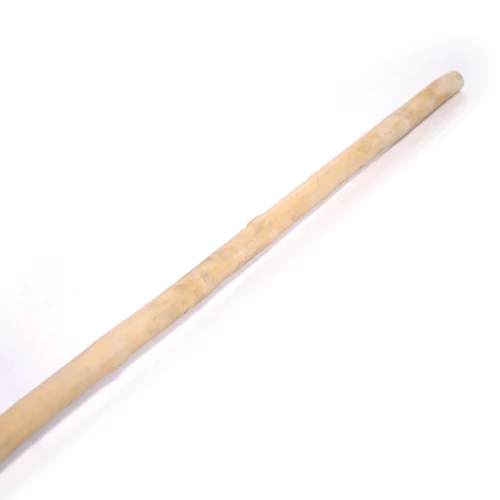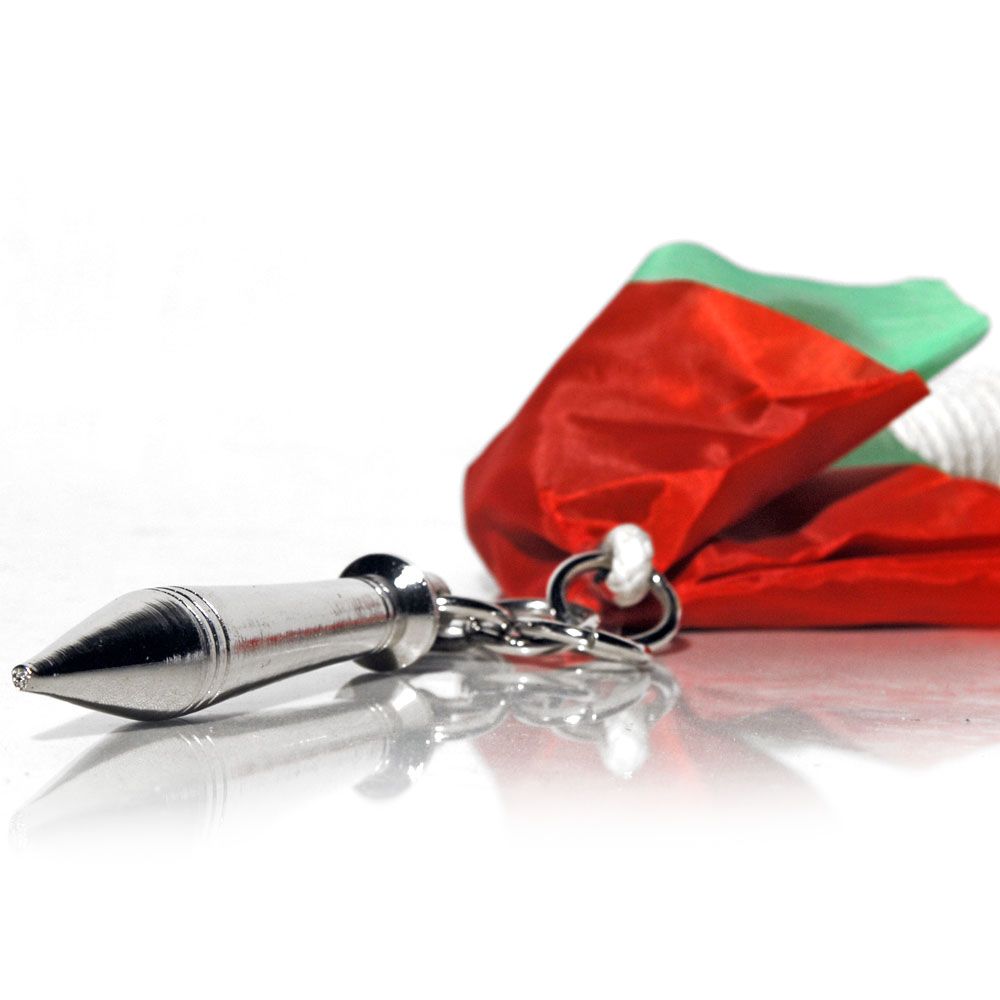 I've written many remembrances for noted masters and grandmasters, but this is the one I've dreaded the most. I lost my Sifu, Grandmaster Kwong Wing Lam. While I've had many masters over the years, he was the one who taught me the most. I started under Grandmaster Lam in 1976 when I was just entering my teens. I was under him until around 2000 or so, after I started working for Kung Fu Tai Chi. He was my first Kung Fu master, and by far the most influential. I would not be where I am now without him.
I've written many remembrances for noted masters and grandmasters, but this is the one I've dreaded the most. I lost my Sifu, Grandmaster Kwong Wing Lam. While I've had many masters over the years, he was the one who taught me the most. I started under Grandmaster Lam in 1976 when I was just entering my teens. I was under him until around 2000 or so, after I started working for Kung Fu Tai Chi. He was my first Kung Fu master, and by far the most influential. I would not be where I am now without him.
I’ll write a more formal obituary for our next print magazine, but we have a tradition here on KungFuMagazine.com to publish personal remembrances as soon as we can. But I have so many memories of my Sifu, I can hardly begin to gather my thoughts on his passing. It's devastating, an incomprehensible personal loss. He was always there for me, and now he's not. Having to sum up his impact upon my life in this remembrance when it's so fresh, so raw, feels curt no matter what I write. I just wrote one for Grandmaster Allen Joe, and I lost two more personal friends, Tom Littig and Henry Sullivan, within the last month. This is different. Sifu Lam made me who I am. My career choices, my very life path, has all be a direct result of him and his teachings.
It was Sifu Lam who passed the traditional system of Bak Sil Lum Kung Fu to me. He took me to China for the first time, opening the door to so many inspirational adventures in that mysterious and magical country. He encouraged me to start writing and I produced so many articles based on his teachings that I don't even know how many. He positioned me as his head Northern Shaolin instructor as well as his first employee when he founded Wing Lam Enterprises where wrote the bulk of his instructional video series, literally hundreds of titles. I remain forever loyal to his teachings, and more so, his way of life. Working so closely with him for so many years, he showed me how to integrate the martial arts into the mundane, into daily life, and make a living at it. A voracious reader, he taught me to be literate in the martial arts, to constantly research, to explore the classics and find those deep connections within Chinese culture. His passion for the arts, his sacrifice and his contributions, will always be an inspiration.
What I treasured most about him was his acceptance. Unlike many of my classmates, I never became his disciple. I bowed to Shaolin Monk Shi Decheng after only studying under him for a two months. It was a symbolic gesture at first, but I've solidified that over the years. Sifu Lam understood. He even encouraged it. They met when we journeyed to Shaolin Temple together, and when I got them to pose together for a photo, Sifu said that he never got a photo of his main masters together and that he was happy that I did. When he himself discipled under Grandmaster Sun Jian Yun, he sent me to Beijing as his emmisary to make introductions. And when I left his company to start working at Kung Fu Tai Chi, he seemed genuinely happy for me even though I was leaving him. Once again, he encouraged me to move on, to follow this martial path wherever it led me, despite that my personal onward was away from him. Many masters are possessive of their students, controlling their lives with tight fists. My Sifu always encouraged, even if that encouragement meant to let his students go.

Even though I wrote so many things for Sifu Lam, I never wrote a cover story for Kung Fu Tai Chi on him. When I was first hired here, I had asked for his cover story to be a condition of my hiring. The tricky thing is that it was a conflict of interest. Wing Lam Enterprises was a direct competitor with my new employer, Tiger Claw, in the Chinese martial arts supply market. But both companies were understanding and a deal was made. Unfortunately, Sifu Lam's second ex-wife, tore that asunder soon after I left in a way that was irreconcilable. We had some issues, she and I. Over the years that followed, Sifu Lam never once asked me to rectify that, never once asked me to be on the cover. I get masters I don't even know asking me to be on the cover all the time. But not my master. In the years that followed, when we'd visit, he never once asked me about the cover. He actually never asked me for that in the first place. In the years that followed, when we got together, he always seemed more interested in how I was doing, and if I was keeping up my practice. Now, I must live with this. Now it is my failing of him, even though he never seemed in the least bit upset by it. That's the kind of man Sifu Lam was, modest, humble, unassuming, accepting, generous and forgiving.

When Sifu Lam's cancer started taking a bad turn, I was headed out of town to film the second season of Man at Arms: Art of War. On my second day of shooting, my Kung Fu sister let me know he was gone. Later, between takes, my phone blew up from my martial brethren. It was tough. Being cast on a reality TV show is another position that was a direct result of his teachings. We both shared a deep love of ancient weapons. He was a weapon maker too. On the Weapons of China episode in the first season, I did a form with the Wind Fire Wheels. I don't really know that particular weapon, so I substituted the Bak Sil Lum Tiger Head Hook form that Sifu Lam taught me.
I'm writing this now on the night before my third day of shooting. Shooting a TV show is intense work, especially for me because I'm not used to being in front of the camera. I must stay focused. My martial family has been blowing up my phone all night, reaching out via calls, texts, and emails to ask if it's true and to offer their condolences. Many are gathering from around the country to pay their respects, and I don't know if I'll make it because I'm committed to the show. I missed a celebration for my friend Henry Sullivan just prior to coming here. I may also miss one for my friend Tom Littig. At this point, less than 24 hours after he has passed, I don't know what funeral or memorial arrangements are being made. But the show must go on. More than anything, he strived to promote traditional martial ways, which is a major part of our show does. I could say something trite, like I dedicate this season to him, but really, I dedicate my whole life's work to him. All the articles, all the videos, all the adventures, all were a direct result of what I learned from Grandmaster Kwong Wing Lam. The best way for me to honor him now - the only way- is to keep working, keep practicing and keep sharing this venerated beloved art.
Treasure your masters. When they pass on, become part of their legacies.
About
Gene Ching :
![]() Gene Ching is the Publisher of Kung Fu Tai Chi and the author of Shaolin Trips.
Gene Ching is the Publisher of Kung Fu Tai Chi and the author of Shaolin Trips.
![]() Print Friendly Version of This Article
Print Friendly Version of This Article
















